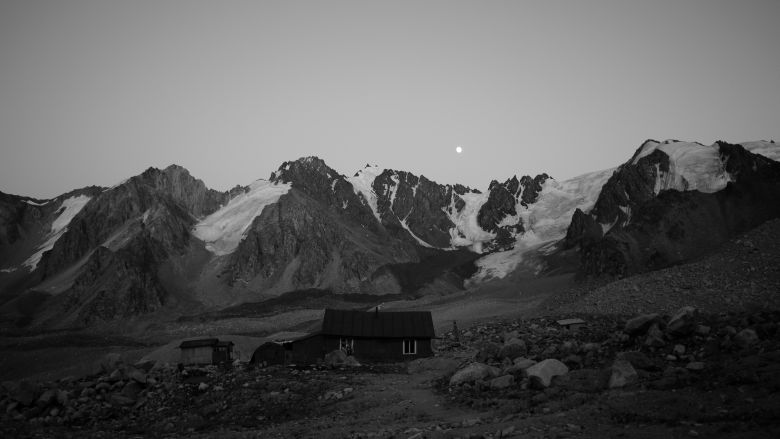Audrius Stonys

After studying at the Lithuanian State Conservatory (now the Lithuanian Academy of Music and Theatre), the director Audrius Stonys (born 1966) completed a residency at Jonas Mekas’s Anthology Film Archives in New York in 1989. His first film Atverti duris ateinančiam / Open the Door to Him Who Comes (1989) appeared at the same time as the country’s rebirth and the revival of its film industry. Following the tradition of Lithuanian poetic documentary film, he delved into the state of the nation and the individual, exploring their hopes and sentiments. The film Neregių žemė / Earth of the Blind (1992), which explored the inner worlds of the blind, won a Felix Award for Best Documentary Film from the European Film Academy. Stonys’s works are known for their symbolic images that float by in silence and for their unique perspective on everyday life: Griuvėsių apaštalas / Apostle of Ruins (1993), Skrajojimai mėlynam lauke / Flying over a Blue Field (1996), and others. He was awarded the Lithuanian National Prize for his bold experiments with the language of film and for his original analysis of contemporary reality in Uostas / The Harbour (1998), Fedia. Trys minutės po didžiojo sprogimo / Fedia. Three Minutes after the Big Bang (1999), Viena / Alone (2001), and Paskutinis vagonas / The Last Carriage (2002).
He is a member of the European Film Academy and the European Documentary Network with retrospectives of his work shown in Switzerland, France, Russia, Israel, the Czech Republic, Japan, and throughout Lithuania. In his later films – Ūkų ūkai / Vanity of Vanities (2006), Varpas / The Bell (2007), Raminas / Ramin (2011), Kenotafas / Cenotaph (2013), and Avinėlio vartai / Gates of the Lamb (2014) – Stonys reflects on the passage of time, reflective memory, faith, and eternity. The world premiere of his latest documentary Moteris ir ledynas / Woman and the Glacier (2016) took place at the International Documentary Film Festival (Amsterdam). A stunning meditation on time and nature, the film was awarded Best Documentary Film prize at the Vilnius International Film Festival Kino Pavasaris and won two National Silver Crane Awards in 2017.